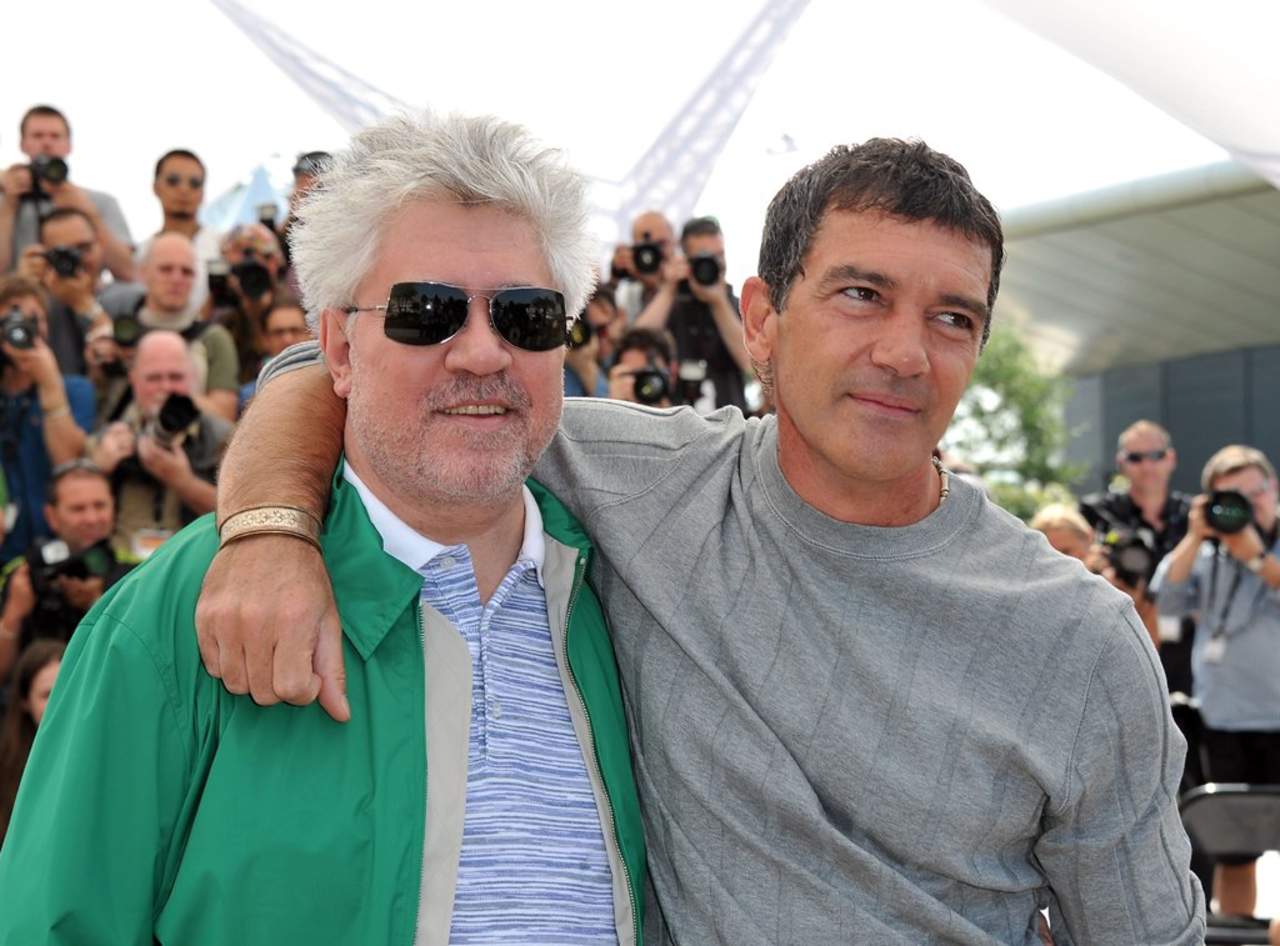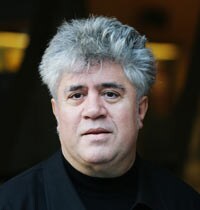

The film’s elaborate dedication, which occupies its closing frame, ends: “to all who wish to be mothers.

Almodóvar’s mother died in September of the same year. All About My Mother was released in Spain in April 1999, and the following month became Almodóvar’s first movie to compete at the Cannes Film Festival, where he won the best director prize (the first of many international awards for the movie, including a foreign-language-film Oscar). It was made in the last months of the life of Francisca Caballero, the director’s own mother, who appears in cameos in several of his films, the most memorable being her role as Doña Paquita, a spirited TV host, in Kika (1993). It is his masterpiece of maternal desire and loss, a film of extraordinary sweetness.

No film by Almodóvar shows the figure of the mother as lovingly as this one. Wind back twenty years and All About My Mother is far more spellbound in its drama. He feels intense sadness that, instead of being with him in her own home, she dies in a clinic in Madrid. Jacinta returns as a conflictual figure, regretting that Salvador didn’t ask her to live with and look after him in his adulthood. But Pain and Glory also pushes forward to Salvador’s middle age, in which he is played by Almodóvar regular Antonio Banderas, the mother now by Julieta Serrano.

She becomes aware of his first erotic inklings as he lies sunstruck and flushed, his face peach-soft, after watching a man wash naked. She lays out a quilt for him to sleep rough beside her at a railway station. Jacinta (Cruz) forms with her precocious Salvador a bond of abrasive yet tender complicity. Pain and Glory (2019) also makes a mother and child its central couple. Julieta (2016) is a love story in which a mother waits for her estranged daughter, who left without a trace. One of the protagonists of Talk to Her (2002) studies nursing so that he can take physical care of his mother. Almodóvar also shows the sacrosanct, often erotic attachment between mothers and children in all its drawn-out, lifelong tragedy: Victoria Abril’s character in High Heels (1991) sustains an unrequited passion for her famous mother, even going so far as to sleep with her mother’s male impersonator. In a Sophia Loren–inspired maternal role in the melodrama Volver (2006), Penélope Cruz unblinkingly protects her daughter, who has murdered an abuser. In Almodóvar’s darkly satirical fourth feature, What Have I Done to Deserve This? (1984), Carmen Maura stars as a woman who, struggling to pay for her son’s dental treatments, winds up selling him to the dentist. The mothers in his movies are fierce, passionate, and resourceful-often in varying combinations, and to varying extremes. Motherhood is a recurring subject in the films of Pedro Almodóvar.


 0 kommentar(er)
0 kommentar(er)
